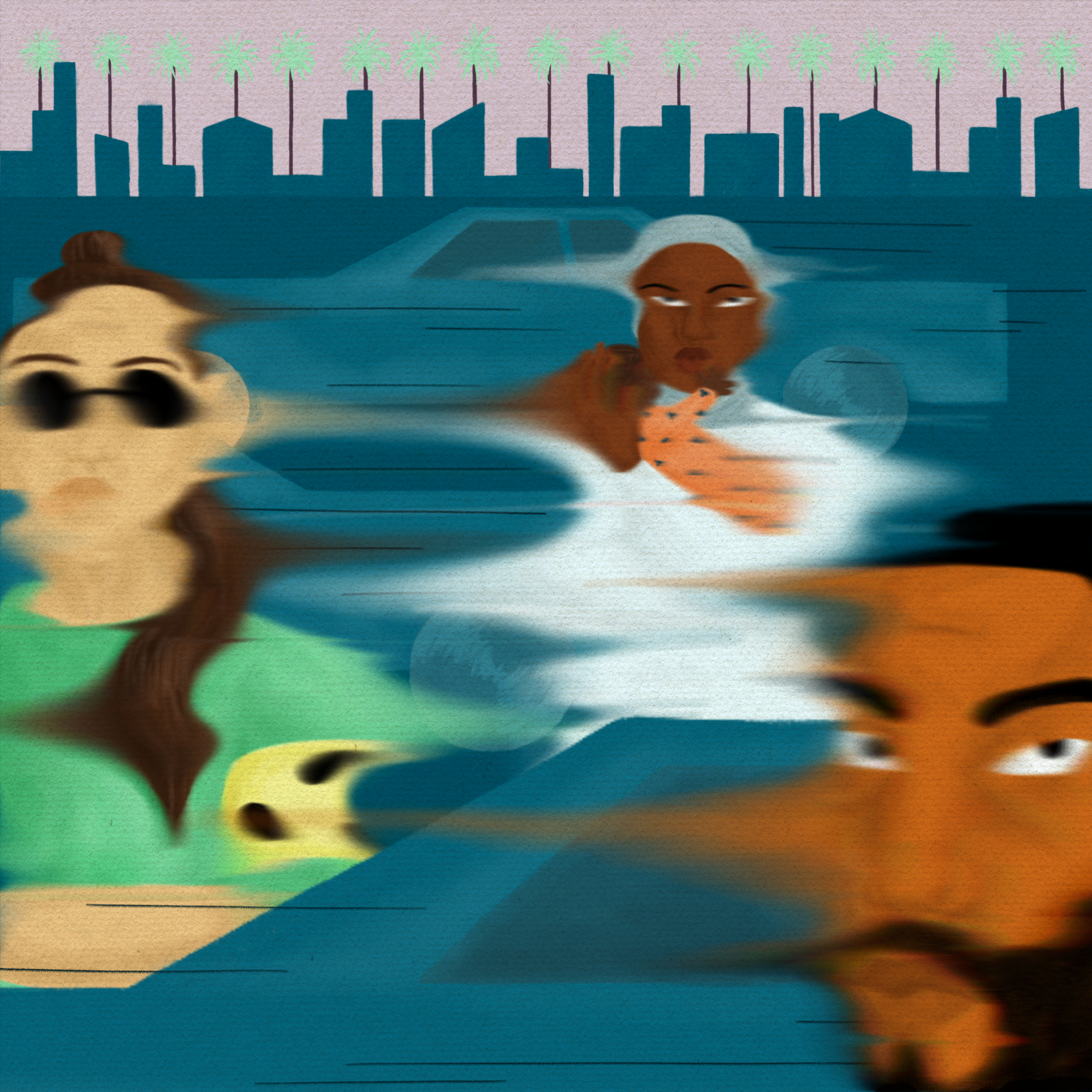
7 introductory essays on postcolonialism
One of our aims with poco.lit. is to try to demystify some of the core ideas in and around postcolonial studies. Here we’ve compiled 7 introductory essays that discuss different aspects of postcolonialism.
1. What does “postcolonial” mean?
Postcolonialism developed as a field of academic enquiry that has been gaining visibility since the 1970s. One early, significant form of postcolonial writing was articulated by Bill Ashcroft, Helen Tiffin and Gareth Griffith in their 1989 book as The Empire Writes Back (it’s a play on Star Wars) to describe when the (formerly) colonised ‘wrote back’ at colonial representation. This was an empowering move on the part of the colonised to appropriate the language and forms that colonialism had violently imposed on them, and assert their ability to represent themselves and tell their own stories. Read more.
2. Orientalism: a brief introduction
Edward Said, a Palestinian American professor of literature, published Orientalism in 1978, and it is widely regarded as one of the most influential texts for postcolonial studies. In it, Said examines how the colonial powers of France and Britain constructed a notion of the “Orient” and its peoples in the late 19th and early 20th centuries.
They, essentially, constructed an “us” and a “them”. Of course, these binary constructions were hierarchical: in the worldview promulgated and assumed as universal by Orientalism, it is better to be rational and virtuous – and it is better to be European. This constructed superiority then calls for, and justifies, that European colonizers should rule over colonized peoples. In this way, it is, finally, all about power and has to be problematized. Read more.
3. Postcolonialism and a Critique of Humanism
“Humanism” can refer to an era, an intellectual tradition, an educational ideal, a practically-oriented philosophy or a political stance that is principally based on human rights and calls for humane actions. This extensive spectrum is divided into a theoretical facet and a practical facet. Anyone who speaks about humanism is, on the one hand, saying that humane actions and judgement can be principally guided by reasoning, and, therefore, everyone is equal. Secondly, the practical side of this spectrum denotes the moral demand for humanity. In discussing humanism, one is talking about the dignity of human beings and the moral imperative for humane actions. As much as we can justly perceive these hard-earned principles as standards to be maintained, we, as advocates committed to these universally conceived principles, must equally admit their historically ambivalent and abusive role. The principle of equality for all people and the imperative to act humanely diverge between expectation and reality in endless conflict over the question of what or who actually falls into the category of the human being and the realm of the humane. Read more.
4. Post/Colonial English: The language of African literature?
The debate around colonial languages as the medium of writing for (formerly) colonised peoples was a prominent and early form the discussion about language took in the postcolonial sphere. On the African continent, the opposing sides of this discussion were probably most famously represented by Chinua Achebe and Ngũgĩ wa Thiong’o. In simplified terms, one could delineate their positions as Achebe coming down in favour of English as a vehicle for African literature, and Ngũgĩ against – to the extent that he opted to stop writing in English and instead pen his works in his native Gikuyu. As is perhaps so often the case in debates that are structured as fostering either/or positions, it is not so much the settling on a side that is interesting, as are the ideas raised over the course of the discussion. Read more.
5. Decolonization is not (just) a metaphor
In 2012, Eve Tuck and K. Wayne Yang published their article „Decolonization is not a metaphor“. In it, they make a powerful argument against the overuse of the term “decolonization”. Given the increasing number of initiatives that call themselves “decolonial”, and that “decolonization” has entered mainstream discourses on a variety of subjects in recent years, from street names to museum collections, it seems like the points they make in the paper are at least as pertinent today as they were when this article came out over ten years ago. Read more.
6. Europe’s Nightmare: The Practice of Decoloniality
Through decolonization, indigenous populations, as well as the abducted and displaced peoples of colonized states, demand the reestablishment of their own order, the right to their property and land, the right to their resources, their autonomy, their culture and sovereignty over their bodies. Decolonial longing is to reject Eurocentric models for the societies and peoples of the Global South and to create sincere and self-confident communities in the absence of Europe. Read more.
7. How Colonialism Continues to Shape Thinking in Germany Today
Many people who grow up in Germany believe that colonialism belongs to the distant past and has no influence on them. However, this is not true. Postcolonialism is reflected in the Eurocentric worldview, the media, language and in consumer behaviour. Read more.
